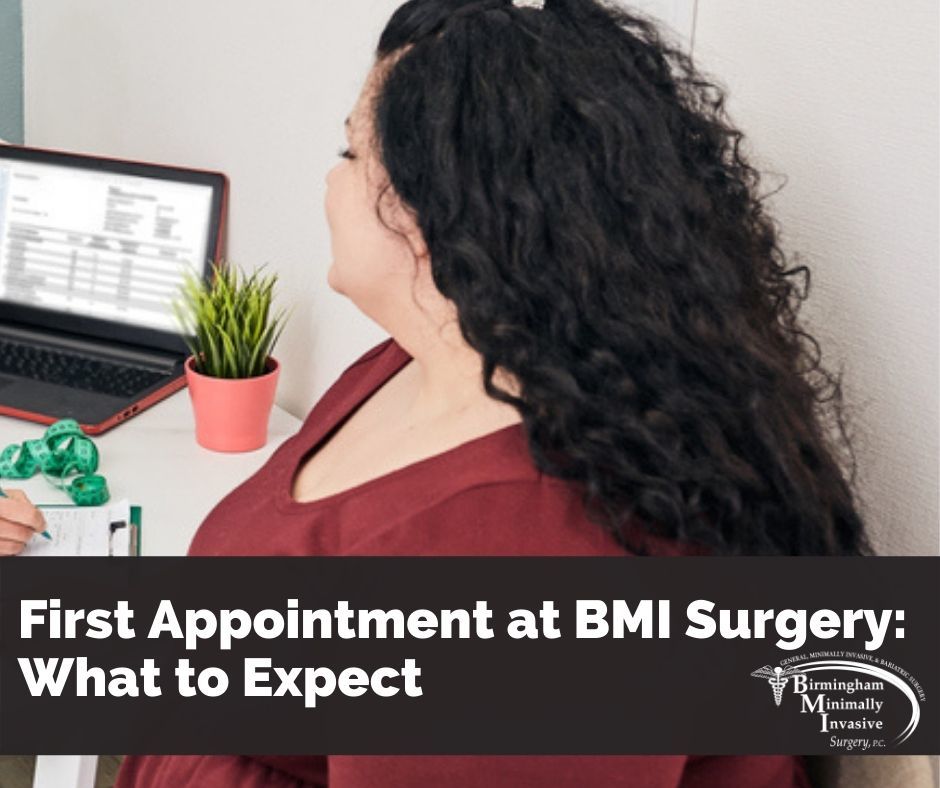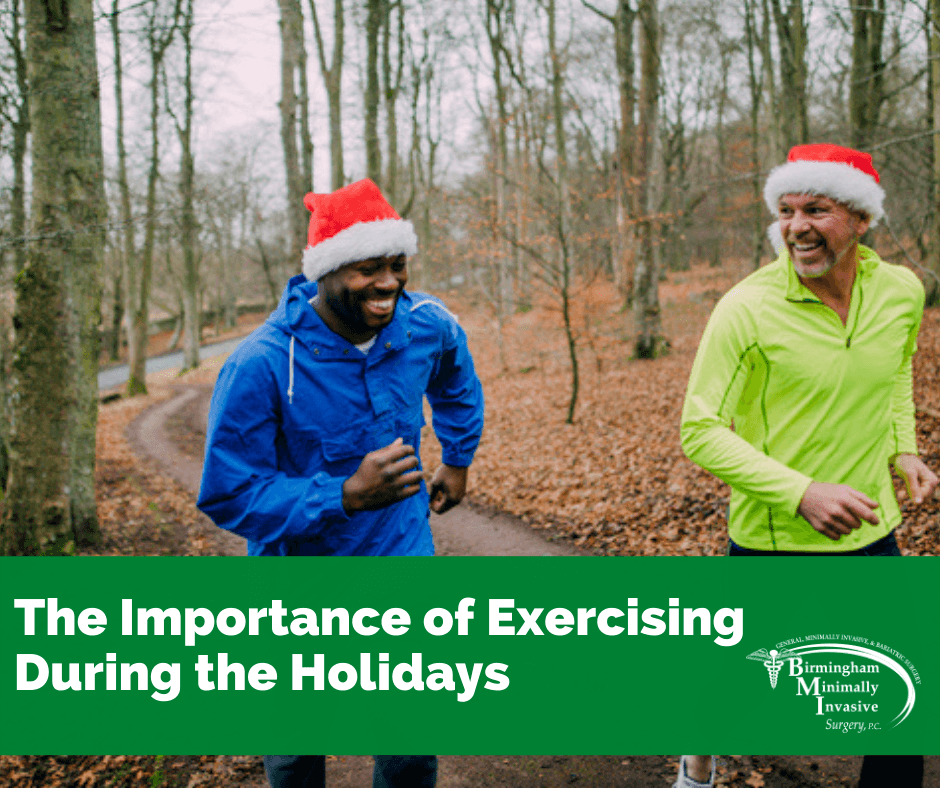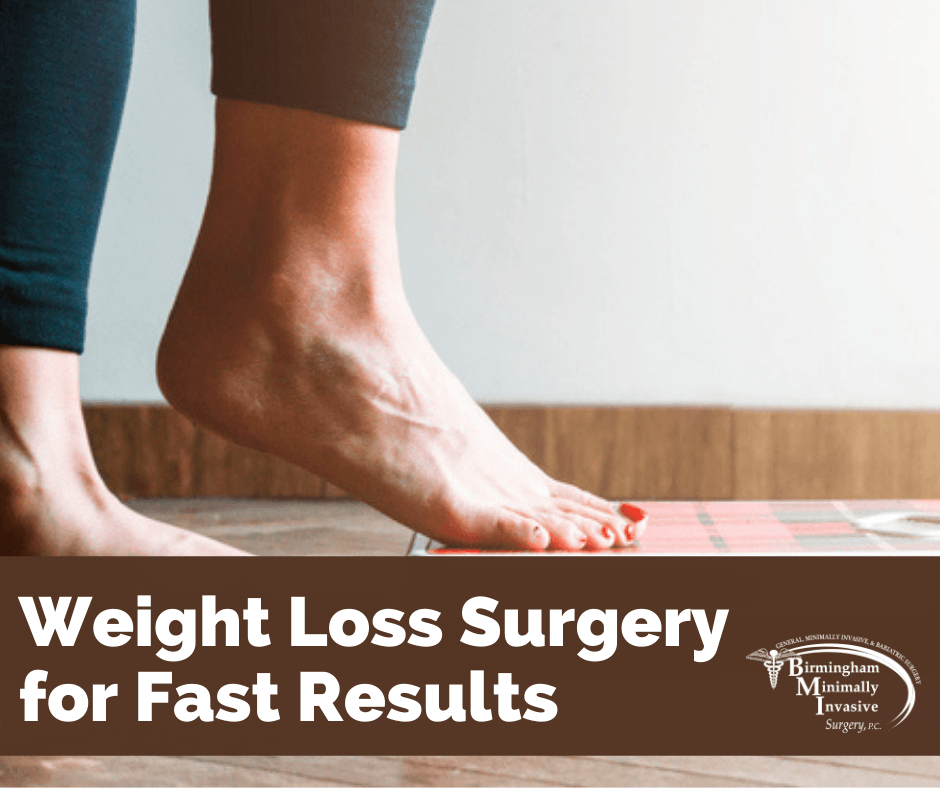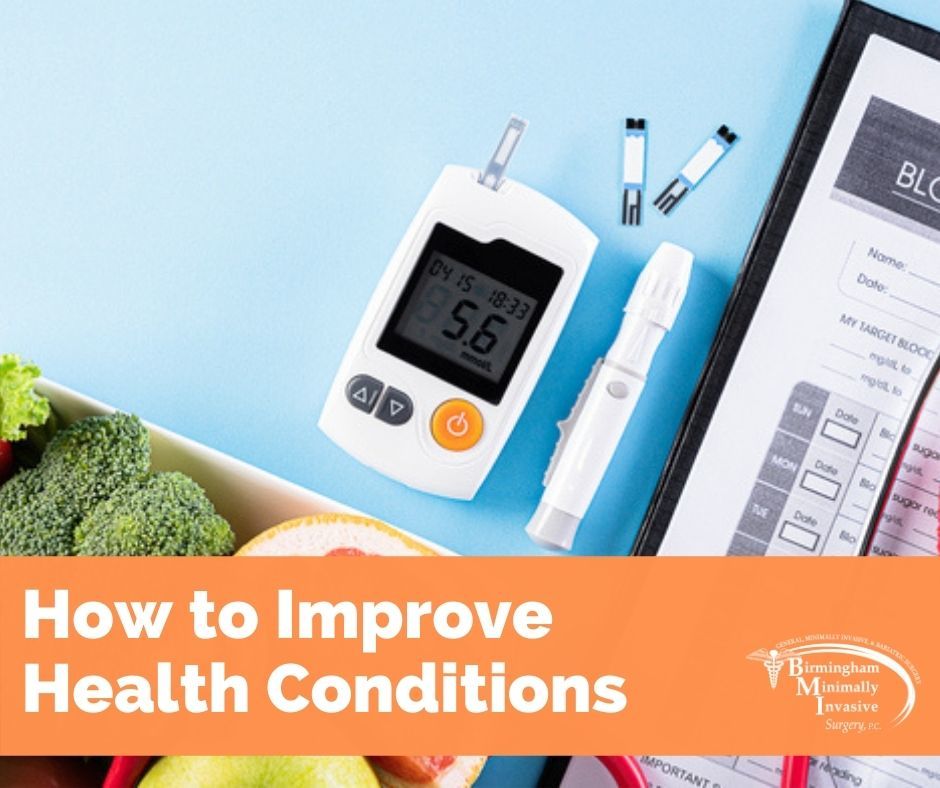

There are many, many reasons to have weight loss surgery, and each patient comes into the experience with their own set of goals and motivations that continue to evolve over time. As people go through the process, it’s always interesting to see what parts stand out to them, what parts meant the most, and what they really loved – before, during, or after.
Here are some thoughts from former patients that we’d like to share.
Patients Share What They Love About Weight Loss Surgery
Lisa – Finding Dr. Long
“I attended a seminar that Dr. Long hosted where he answered questions and shared realistic expectations. I instantly felt that he was the one who needed to do this surgery for me. He is knowledgeable about all aspects of the surgery, including how to prepare in the months before surgery and what to expect after. He is so professional, yet comforting.”
Amber – An Active Lifestyle
“I am very active now, and I love it. I enjoy exercising, kayaking, hiking, and keeping up with my active kids! I also love getting dressed up and going out now, whether it be dinner with my husband or going to the movies with my friends. I actually enjoy getting ready and feeling comfortable in my own skin.”
Patty – A Minimally Invasive Approach
“Doing the surgery laparoscopically made it possible for me to have minimal down time, so I could get back to my normal life. The recovery process after surgery was really good for me. I was only out of work for two weeks….I didn’t have to miss much work and I haven’t experienced any problems since the surgery.”
Elizabeth – Craving Healthy Foods & Internal Regulator
“Since the surgery, while I tend to crave a variety of things, I’d say I eat very healthy most days, and I even feel out of sync if I don’t have a small salad as part of a meal at least once a day. That’s not to say that I don’t still eat things that might be considered unhealthy, but I rarely want them since they typically make me feel bad afterwards.
For instance, I found that if I have something that’s super processed or full of sugar, it makes me feel weird, like I can feel my system is in the wrong gear. Because of this, I definitely crave unhealthy stuff a whole lot less than I did before, and for someone who was able to always pack it in, it’s nice to have an internal governor that makes me want to stop after only a bite or two.”
June – A Doctor Who Is Always Honest
“When I went to see Dr. Long for the first time, I immediately told him I wanted to do gastric band, which I believed was the least invasive of all the weight loss surgeries. After he spent some time getting to learn more about me, my lifestyle and hobbies, he told me he just didn’t think I’d be happy with gastric band. He thought it would restrict me to the point where I wouldn’t be happy, and that it didn’t seem to suit my lifestyle.
He went on to educate me about the difference between gastric band and gastric bypass. He also said, and I’ll never forget, that though everyone is different, with gastric bypass, at some point in time, I could eat whatever my family eats – I just wouldn’t be able to eat as much. I’m so glad I decided to do gastric bypass because Dr. Long was absolutely right. I have no regrets. None.”
Contact Birmingham Minimally Invasive Surgery to Get Started on Your Weight Loss Journey
We will always treat each patient as an individual. The right answer for one person is not always right for you, and Dr. Long has a gift for finding that correct path that will suit you best!
Learn more about weight loss options at Birmingham Minimally Invasive Surgery.
The caring group of professionals at Birmingham Minimally Invasive Surgery will help you get started on your weight loss journey and stay with you every step along the way. Dr. Long and his team specialize in all types of bariatric surgery, including gastric sleeve surgery, gastric bypass, and the LAP-BAND. Visit us today at http://www.bmisurgery.com/ or give us a call to set up a consultation at 205-833-6907.










